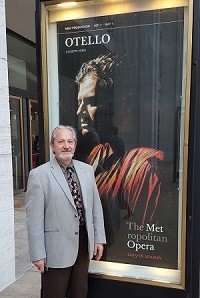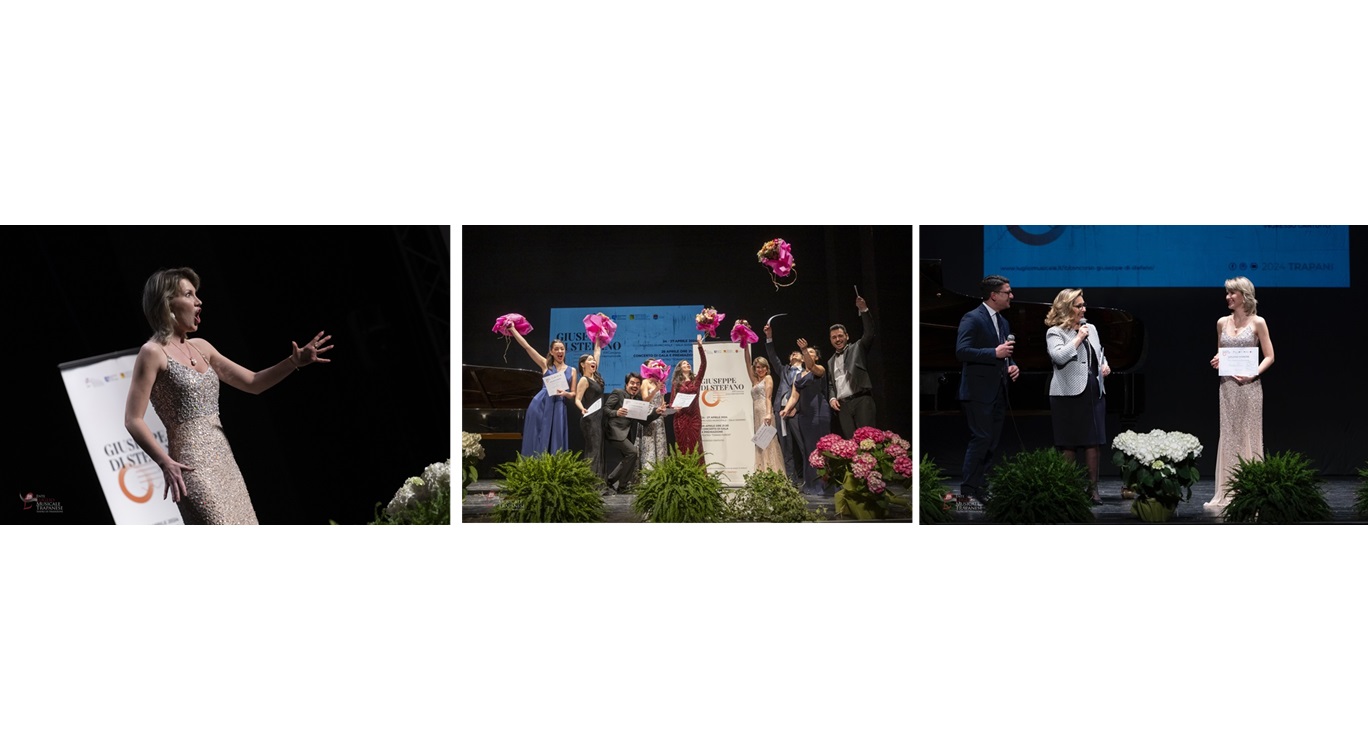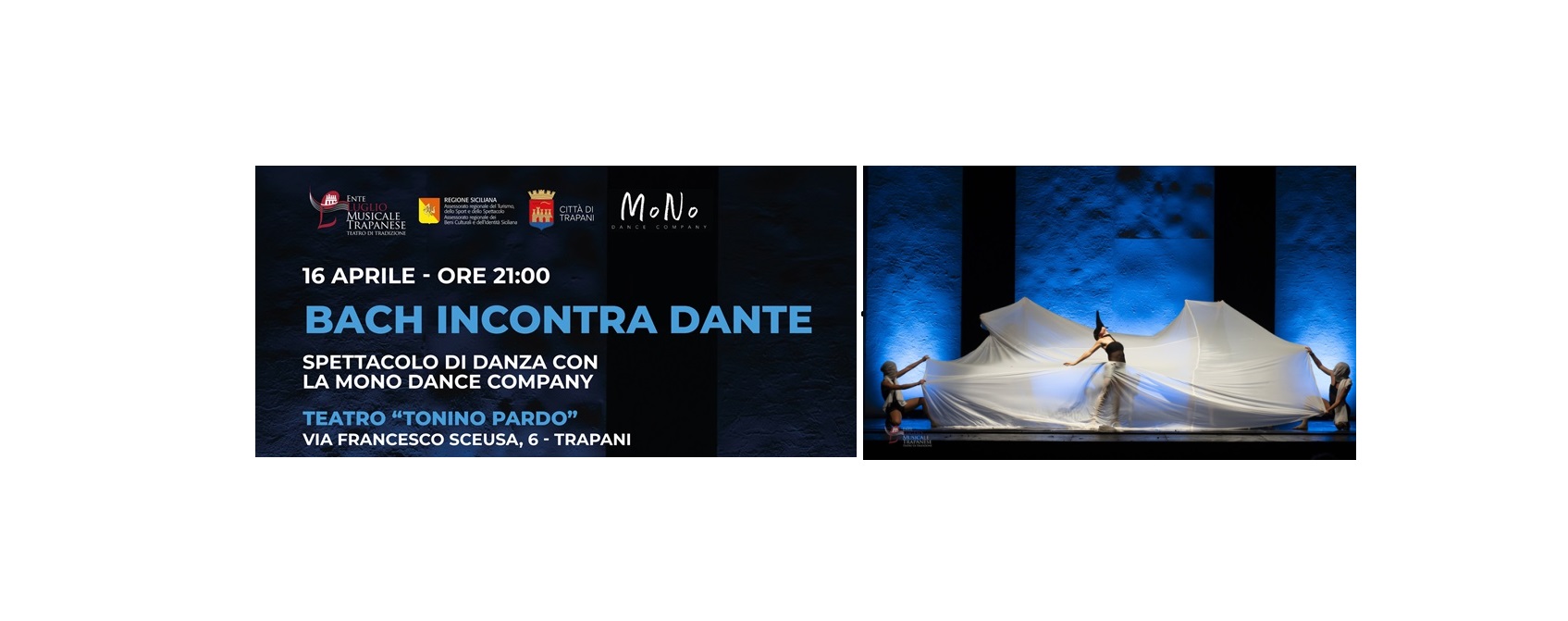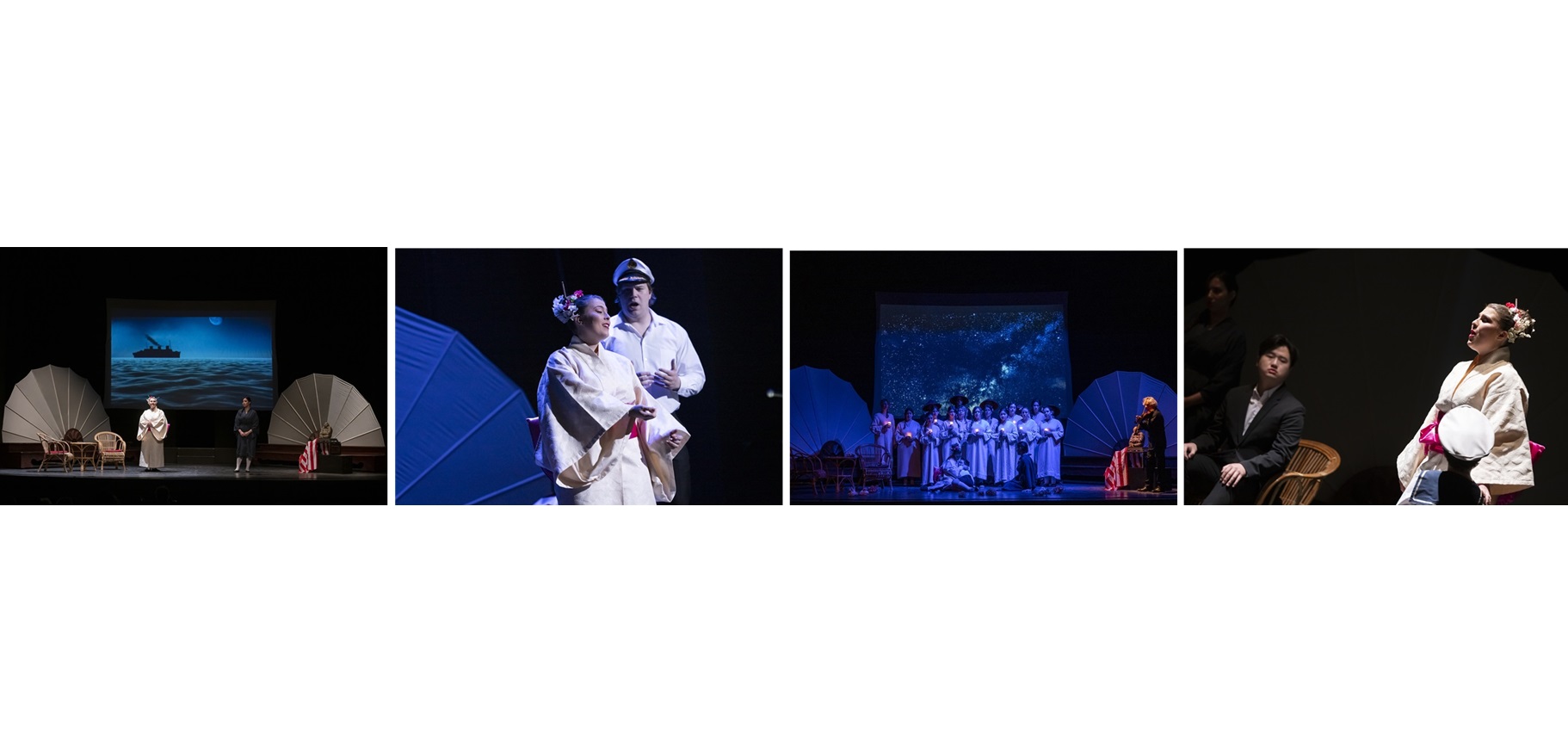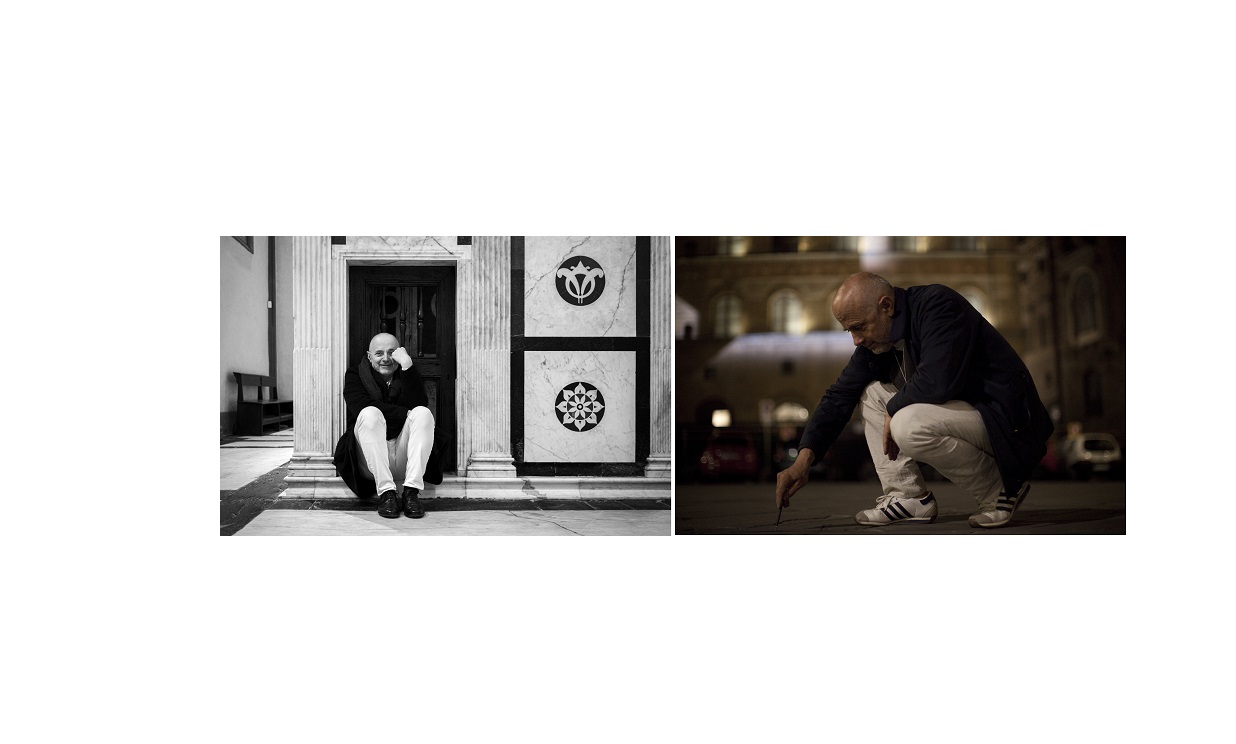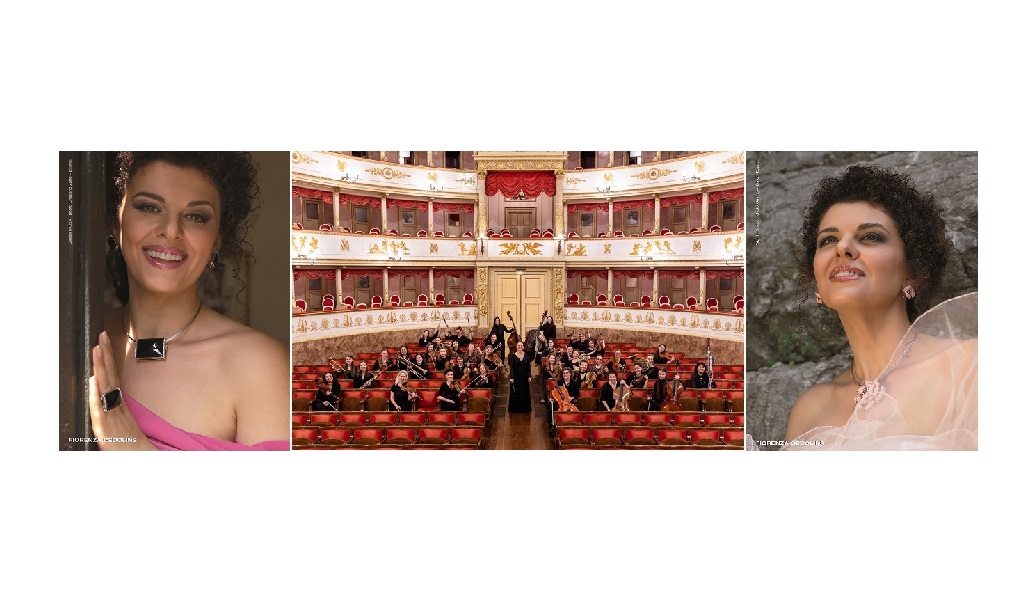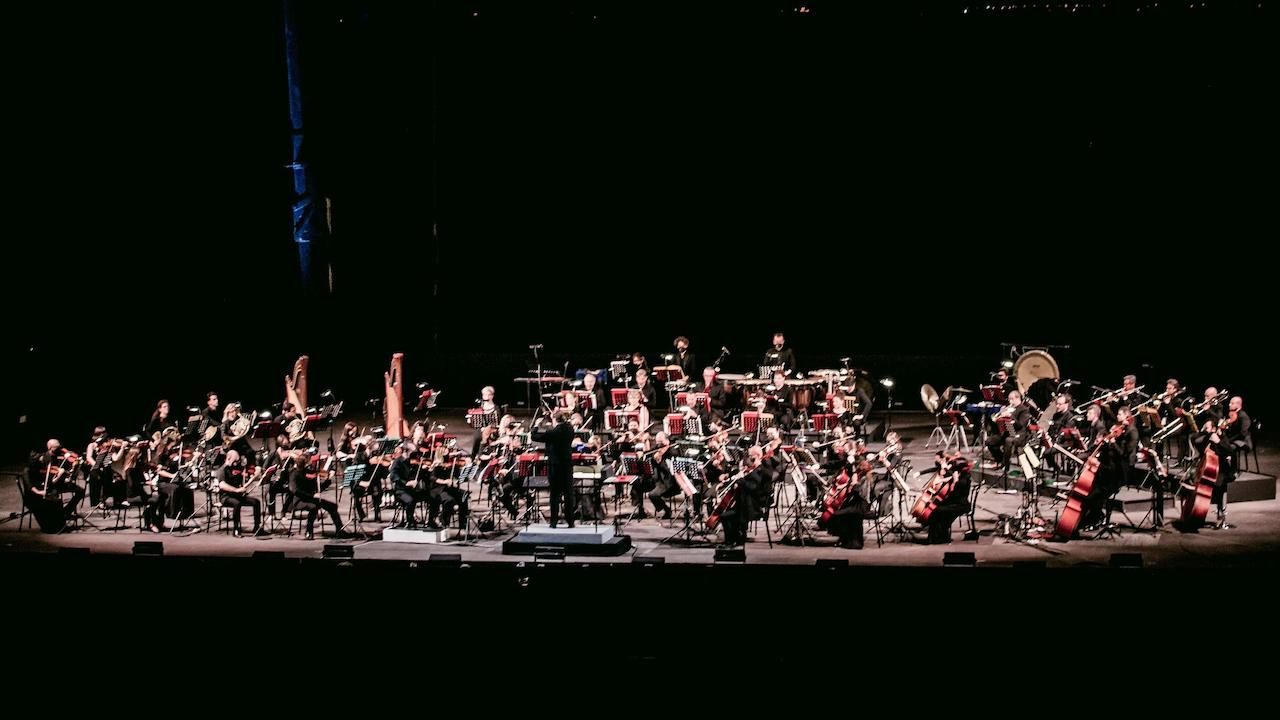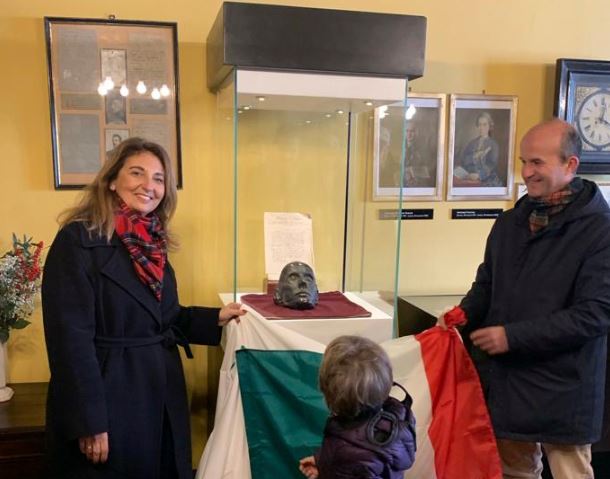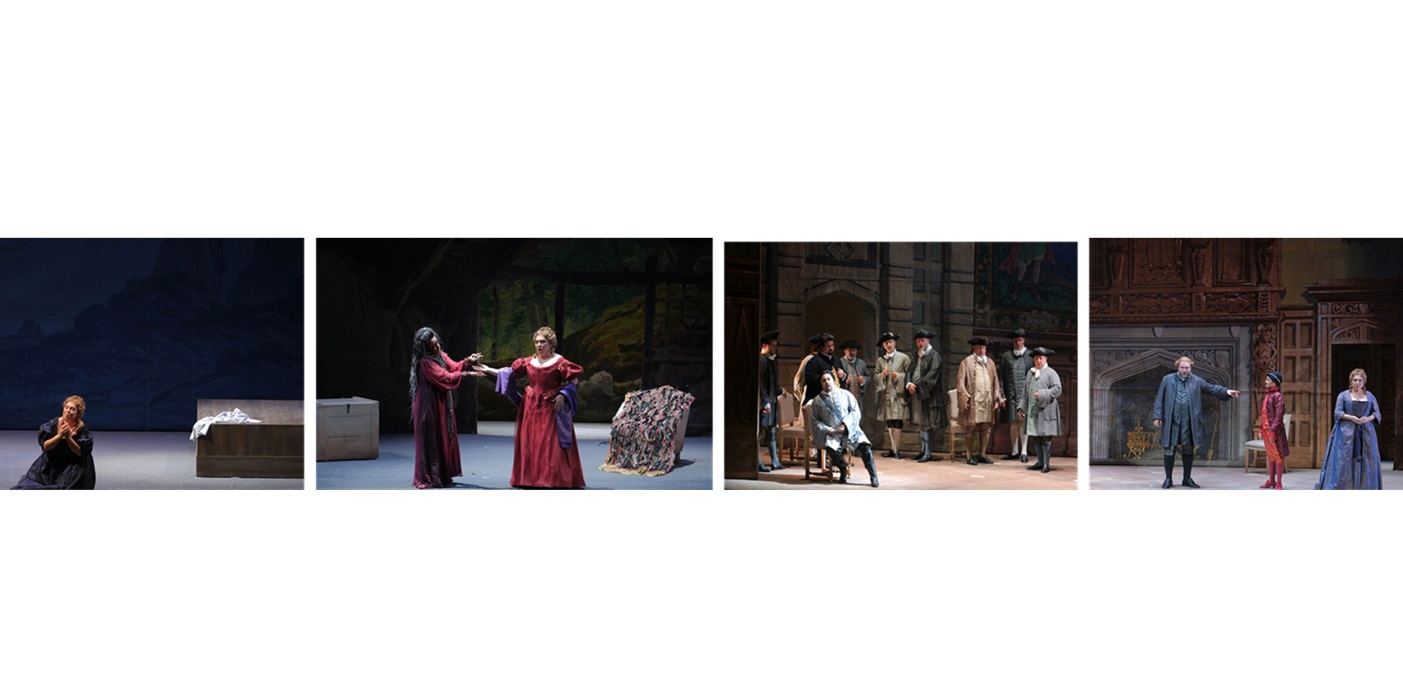Interview by Erica Miner
 David Bennett’s creative spirit and seemingly limitless energy have caught the attention of opera aficionados worldwide over the last several years. On March 12, 2015, San Diego Opera announced that Bennett, who as Executive Director of New York’s Gotham Chamber Opera rose to the top of a short list of incredibly well qualified candidates, would be taking the reins of the company as their new General Director.
David Bennett’s creative spirit and seemingly limitless energy have caught the attention of opera aficionados worldwide over the last several years. On March 12, 2015, San Diego Opera announced that Bennett, who as Executive Director of New York’s Gotham Chamber Opera rose to the top of a short list of incredibly well qualified candidates, would be taking the reins of the company as their new General Director.
Previous to Gotham, Bennett was Managing Director of Dance New Amsterdam (DNA) of lower Manhattan, and Senior Consultant with Arts Resources International. His excitement and enthusiasm over his new post at SDO is as plentiful as the buzz surrounding him. Via phone from New York, he discusses exciting plans for SDO’s bright-looking future.
 EM: David, the enthusiasm and anticipation here about your appointment as SDO’s new General Director are palpable. This feels like a perfect match. San Diego loves opera, and so do you, so we feel blessed. We are so excited here for your imminent arrival.
EM: David, the enthusiasm and anticipation here about your appointment as SDO’s new General Director are palpable. This feels like a perfect match. San Diego loves opera, and so do you, so we feel blessed. We are so excited here for your imminent arrival.
DB: Thank you for saying that. I am absolutely thrilled, beside myself, looking forward. I grew up in the Midwest, lived in Texas, then in New York for almost 15 years. It’s very exciting to take on another chapter in another part of the country.
EM: And we are very lucky to have you in this particular chapter. It’s not every year that SDO names a new general director. I think it’s going to be a mutual admiration society. A wonderful way to begin. Will there be any pomp and circumstance when you officially take the reins on June 15?
DB: There’s some talk about ways to roll me out. I think they’re planning some fund raising opportunities, some new initiatives to try to introduce me to people. A couple of recitals are happening, Pat Racette and Ferruccio, both in the fall. So I will likely make some kind of a public statement, probably a curtain speech for the audience then. But I don’t think there’s any big action planned for my immediate arrival.
EM: “Roll me out,” that’s absolutely priceless. I’ll definitely make a note of that one. I interviewed Bill Mason a few months ago (http://www.broadwayworld.com/bwwopera/article/BWW-Interviews-William-Mason-Shares-Wisdom-with-San-Diego-Opera-Part-1-20140707). Have you been working with him, or are you planning to work with him, on the transition?
DB: I haven’t yet. I’ve been doing a little internal work with staff, but I’m planning on reviewing some of his thoughts, try to pick up on the work he did and make it move forward. A lot of that was how to take the season that was already planned under Ian and modify that to some degree, definitely try to build on that. About half of next season is already planned, so we’re finding ways we can take financial obligations already in place and perhaps produce opera in a more cost-effective way.
EM: As a former opera musician, I’m curious what it’s like to switch over from being a performing baritone to managing Dance New Amsterdam, then running Gotham Chamber Opera, and now to helm an opera company that performs in venues both large and small.
DB: I think many of us in the arts find our paths circuitous, hugely non-linear, so every chapter I’ve had in my professional career has informed the next chapter to some degree. I was a singer and a voice teacher, mostly standard repertoire. I did traditional opera and grew up loving it. Most of us are attracted to opera by first experiences with standard repertoire – the first bohème or Aida, the way it moved you. That’s always been a part of what I love about opera. I moved to New York and worked first as a consultant and then the job with Dance New Amsterdam. I was already an audience member, attending the Met and City Opera, but I also started seeing Gotham’s work because it was produced at a very high level, with talented singers, designers and directors.  Gotham defines chamber opera as intended for small audiences or venues. I think there are other ways to define it. Sometimes people will take standard repertoire and cut the orchestra size or cut the chorus and call it chamber opera. That was not the decision Gotham made, so I was very interested in this way of producing unusual repertoire as if it was almost grand opera, beautifully and thoughtfully with very high artistic values. I really loved exploring different kinds of repertoire, audience development, and how unusual spaces can help illuminate works. What I’m excited about now is bringing all of that back together. I still have a passion for what we call traditional grand opera and repertoire. I haven’t been able to work in it for the past 10 years at Gotham, so I’m really looking forward to that, and thinking about how we produce what people think of as traditional repertoire in sometimes surprising ways – it might be different designers or younger directors or things that San Diego hasn’t seen yet.
Gotham defines chamber opera as intended for small audiences or venues. I think there are other ways to define it. Sometimes people will take standard repertoire and cut the orchestra size or cut the chorus and call it chamber opera. That was not the decision Gotham made, so I was very interested in this way of producing unusual repertoire as if it was almost grand opera, beautifully and thoughtfully with very high artistic values. I really loved exploring different kinds of repertoire, audience development, and how unusual spaces can help illuminate works. What I’m excited about now is bringing all of that back together. I still have a passion for what we call traditional grand opera and repertoire. I haven’t been able to work in it for the past 10 years at Gotham, so I’m really looking forward to that, and thinking about how we produce what people think of as traditional repertoire in sometimes surprising ways – it might be different designers or younger directors or things that San Diego hasn’t seen yet.
EM: I’m intrigued by some of the ideas you’ve implemented at Gotham and curious to see how that’s going to play out here. You commissioned Nico Muhly’s opera Dark Sisters for a world premiere. Do you plan to commission contemporary works for SDO?
DB: Certainly. San Diego’s had experience with that, with Jake Heggie’s operas. The audience has reacted positively to Moby-Dick.
 Great Scott is coming up next season. Daniel Catán’s first US opera, Rapaccini’s Daughter, was actually premiered in San Diego. Daniel was Mexican, became an American citizen, and this was kind of homage to his Americanized home. San Diego might be involved in the production of his unfinished opera, Meet John Doe. It would be a beautiful story to have his first and last opera be shepherded to some degree by San Diego. I’ve also been approached by Fort Worth Opera to see if San Diego would be interested in joining the consortium of cities that have large Hispanic audiences in developing a new opera based on Frida Kahlo. That might be very interesting. We also have a history at Gotham of having partnerships with Opera Philadelphia, who commissions works for both their smaller chamber opera series and their larger theater. I think my relationships with companies like that will probably continue as I move to San Diego. There are so many opportunities to explore. What the right mix is going to be for San Diego we have to still determine, but I imagine commissioning will probably be on the table.
Great Scott is coming up next season. Daniel Catán’s first US opera, Rapaccini’s Daughter, was actually premiered in San Diego. Daniel was Mexican, became an American citizen, and this was kind of homage to his Americanized home. San Diego might be involved in the production of his unfinished opera, Meet John Doe. It would be a beautiful story to have his first and last opera be shepherded to some degree by San Diego. I’ve also been approached by Fort Worth Opera to see if San Diego would be interested in joining the consortium of cities that have large Hispanic audiences in developing a new opera based on Frida Kahlo. That might be very interesting. We also have a history at Gotham of having partnerships with Opera Philadelphia, who commissions works for both their smaller chamber opera series and their larger theater. I think my relationships with companies like that will probably continue as I move to San Diego. There are so many opportunities to explore. What the right mix is going to be for San Diego we have to still determine, but I imagine commissioning will probably be on the table.








